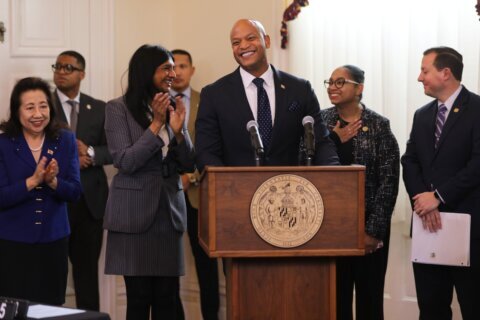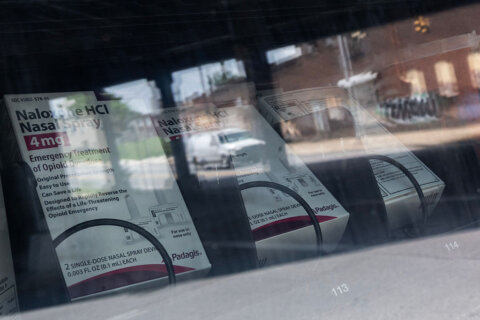Should cameras be placed in special education classrooms? That’s what members of the Board of Education in Frederick County, Maryland, are looking into.
Not everyone is on board. According to a recent survey presented by Frederick County Public Schools Deputy Superintendent Mike Markoe, some teachers stated that they don’t think a policy adding cameras to classrooms is the right thing to do.
During a work session on Wednesday night, Markoe said the recent survey about the pilot program was sent to 82 teachers, with a 70% response rate.
He said at this time, administrative staff would not recommend a pilot program with cameras to move forward.
“There are some very strong viewpoints on both sides of the cameras,” Markoe said.
He said almost 45% of the teachers that responded are opposed to the pilot program. Twelve teachers, or about 20% of those who responded, said that they were interested in pursuing the program, and about 34% of respondents said that they needed more information.
Centerville Elementary School Assistant Principal Erin Horman spoke during the session about going into the specialized programs for students and talking to the teachers and support staff about the program.
“Many of them said, in terms of this, that the idea of just someone ‘always watching.’ I heard ‘Big Brother, it’s like Big Brother’, and they’re not hearing what’s happening,” Horman said.
“They’re not hearing what’s being said, they’re not hearing what’s outside the hallway. Really, it’s just what’s happening right here, right now, in the eyes of the beholder of those who are watching it.”
In 2021, FCPS said it would stop using seclusion as a disciplinary tactic and change its practices on restraints, after reaching a settlement with the Department of Justice’s Civil Rights Division over accusations of discrimination against students with disabilities.
“There are a lot of complexities that we need to look at,” Markoe said.
He said things like cost, protocols and how investigations into any allegations regarding misconduct in the classroom would need to be considered.
“We found that for one classroom — or one program — would be roughly $10,000 to advance it,” Markoe said.
Brooke Liberman, a student member of the Board of Education, is advocating for the pilot program, saying it looks out for students who can’t speak up for themselves.
“I think that cameras need to be in the classrooms to stick up for students who can’t necessarily share what is happening,” Lieberman said.
“I work with the Learning for Life students all the time, I’m president of the Best Buddies club at my school, I have participated in countless unified sports teams over my years at Urbana, and I honestly think some students can’t necessarily share what is going on — should something, hopefully nothing at all, happen.”
The board did not vote on the program Wednesday night. Instead, members instructed staff to continue studying the possibility of a camera program.








